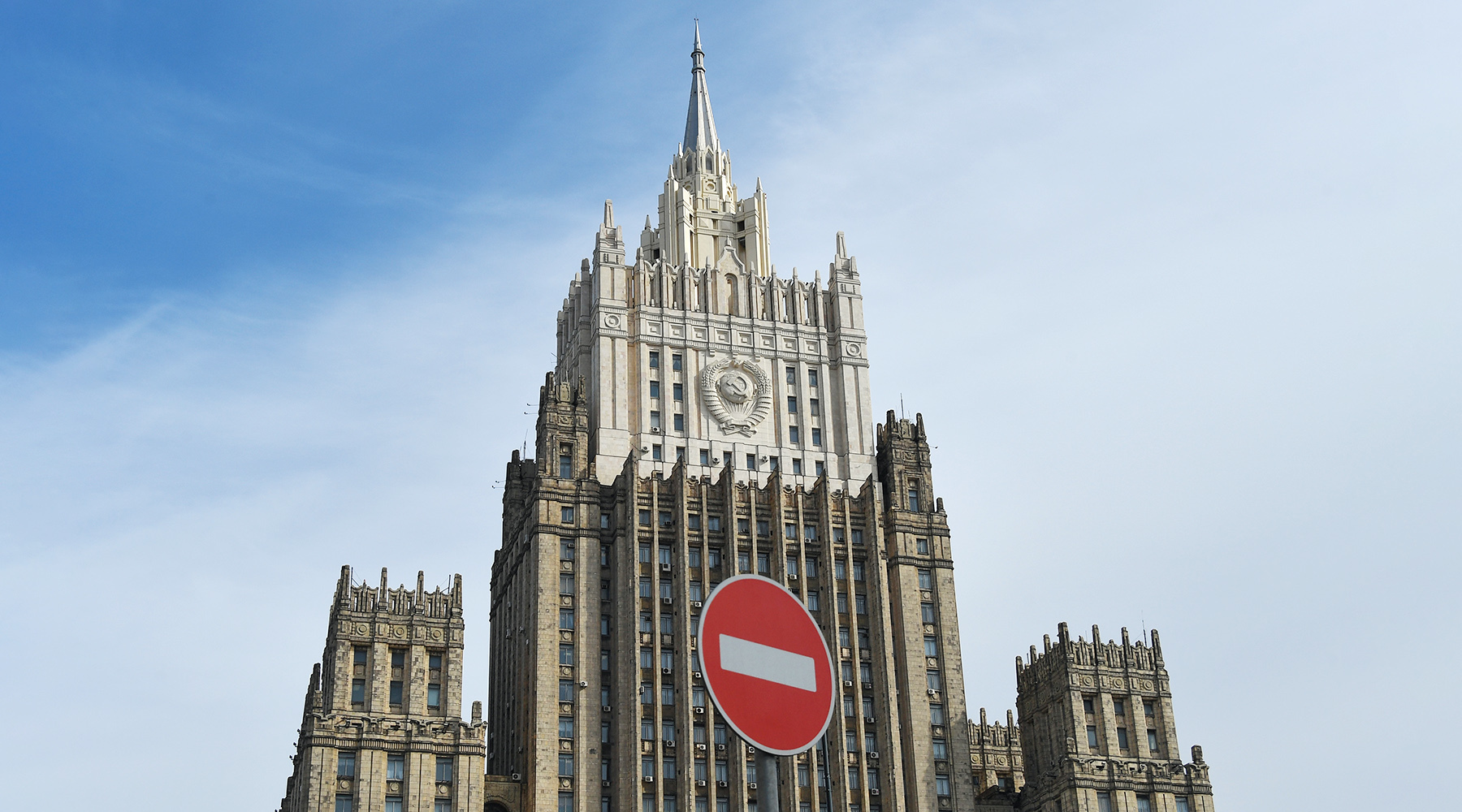German Foreign Minister Heiko Maas said that if experts from the Organization for the Prohibition of Chemical Weapons (OPCW) confirm that Alexei Navalny was poisoned by Novichok, the EU will resort to sanctions against Russia.
He stated this in an interview with T-online.
Answering the question why the European side does not give Russia a clear answer on the situation with Navalny, Maas said that Germany had transferred the case for investigation to the International Organization for the Prohibition of Chemical Weapons (OPCW).
“If the results of the German, Swedish and French laboratories are confirmed, there will be a clear response from the EU.
I am sure of that, ”he said.
In response to the question of what the answer would be, the head of the FRG's foreign affairs agency said: "We, as EU member states, will decide this jointly."
"I am convinced that then there will not be a single path that will bypass the sanctions," Maas said.
Meanwhile, the Russian Foreign Ministry reported that the Foreign Ministry of the Federal Republic of Germany refused to assist the Russian embassy in providing consular access to Alexei Navalny.
In addition, the Russian Foreign Ministry pointed to the statements of German politicians about the alleged absence in Russia of "readiness for dialogue with Germany within the framework of existing specialized bilateral mechanisms."
“We consider such statements as nothing more than an outright lie,” the Foreign Ministry stressed.
They recalled that Berlin continues to "consistently ignore" proposals to establish practical cooperation in the interests of clarifying the circumstances of Navalny's "poisoning".
The Russian Foreign Ministry noted that Germany has not yet received a reaction to a letter from Russian deputies with a proposal to introduce joint Russian-German parliamentary control over the investigation of the incident.
RIA News
© Maxim Blinov
“There are no answers to the questions asked by the Russian side through the political dialogue, as well as through the diplomatic channels,” the Russian Foreign Ministry stressed.
In addition, the Russian Prosecutor General's Office prepared the fourth request for legal assistance, which was passed on to the German side, the Foreign Ministry said in a commentary.
“We still insist on getting a response to these appeals,” it was reported.
“We would recommend that the inspirers of the provocative campaign aimed at demonizing Russia and undermining bilateral relations come to their senses.
For our part, we remain ready for an open, honest and fact-based dialogue on the situation with Alexei Navalny, ”the Russian Foreign Ministry concluded.
On the eve, German Chancellor Angela Merkel said that the EU will wait for the OPCW's conclusion on the Navalny incident and will return to this topic in two weeks at the EU summit.
"The European Council unanimously condemned the assassination attempt and made it clear that the use of chemical weapons is a serious violation of international law," TASS quoted her as saying.
As a reminder, on October 1, the official representative of the Russian Foreign Ministry, Maria Zakharova, said that Moscow had offered the OPCW to send experts from the organization's technical secretariat to Russia to interact with Russian specialists to clarify the situation with Navalny.
In early September, the German government reported that military experts allegedly found traces of a poison in Navalny's body, similar to the Novichok poisonous substance.
Doctors from the Omsk hospital, where the blogger received first aid, as well as Russian officials, repeatedly reminded that Navalny underwent all the necessary tests in Russia, the results of which did not reveal any poisons in the patient's body.
Later, the German authorities issued a new statement, which claimed that the experts' conclusions about the alleged poisoning of Navalny by Novichok were confirmed by experts in France and Sweden.
At the end of September, the Russian Foreign Ministry issued a statement in which it said that Berlin "switched to 'megaphone' diplomacy, unleashing a widespread campaign to accuse the Russian authorities of allegedly poisoning a Russian citizen."
At the same time, the Russian Foreign Ministry pointed to inconsistencies in the German version, noting that Germany's actions in the situation with Navalny were so fine-tuned that they thought about whether the incident was a staging "on the theme of mystical use of chemical weapons."

